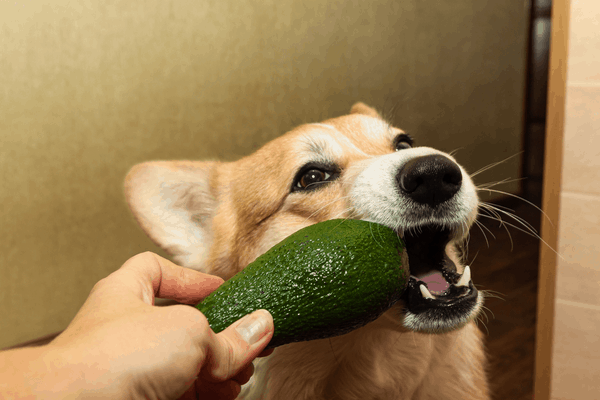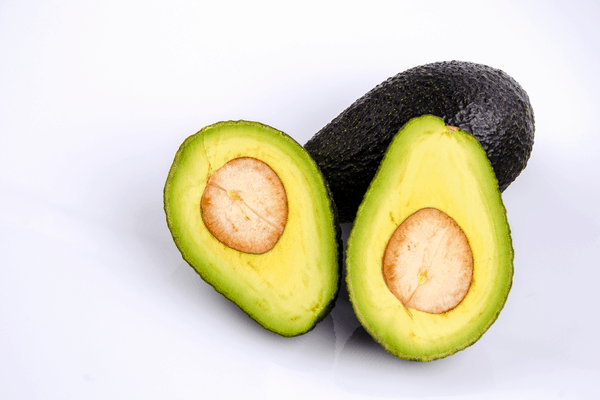Can Dogs Eat Avocado and Other Exotic Foods?

Can dogs eat avocado? Avocado is a fruit that's native to Central Mexico but can be grown in tropical and Mediterranean climates. It's rich in potassium and fiber, and it's a "healthy" fat .
Interestingly, more than 500 avocados can be produced per year by a single avocado tree. Identified as the "fertility fruit" of Aztecs, an avocado dated back to 10,000 B.C. was found in Coxcatlan, Puebla, Mexico cave. Clearly, this fruit was popular long before it became a staple in the Super Bowl game-day munchies and the summer barbecues.
While avocados can be found in most kitchens, they are also featured on food lists that you can stop offering to dogs. However, several different recipes for dog snacks and treats contain avocados. So what is the reality about feeding avocados to dogs?

Possible toxicity to dogs
Many areas of the avocado plant contain an oil-soluble compound called persin, which is known to be the main toxin. The toxin is most abundant in the leaves of the avocado tree, but it can also be found in the soft fruit (edible portion) of the fruit seed, as well as in the bark and other areas of the plant.
While intoxication is most often found in animals ingesting the leaves of the avocado tree. Ingesting persin can cause damage to the mammary glands and the heart, and many species of pet birds are also at high risk.
Thankfully, avocado does not appear to be highly toxic to dogs. In most cases, dogs who eat small quantities of the fruit are not likely to be infected. But it is a good idea to avoid feeding the fruit to your fur baby.
The greater concern to dogs is the foreign body obstruction that can occur when the avocado seed is swollen. Avocado seeds are very large, and they can be lodged in the esophagus, intestine, or intestinal tract.
Also, because of the high-fat content, it is also possible for dogs to develop pancreatitis which is a devastating infection of the pancreas.

Take precautionary measures
So, while avocado is not necessarily going to be fatal for our dogs to eat, the safest bet is to avoid it or to restrict their access to only a limited amount of the fruit itself. This will evade unintended choking as well as unexpected emergency surgery to drain a golf ball-sized pit from your dog’s body.
Many veterinarians will recommend that we take precautionary measures and avoid the risks strategy when it comes to feeding our dog table scraps and food normally reserved for our dinner plates.
If you have questions about fruits, vegetables, and other things that you may consider feeding your dog, be sure to speak to your veterinarians first to prevent any unintended contamination or stomach complications. There are many foods that have been found to be toxic to our dogs. Make sure you avoid those foods as well.
Read Also:
How to Walk Away from a Toxic Relationship
Sign up for FD's newsletter
The freshest stories from the food and dating world every week.




